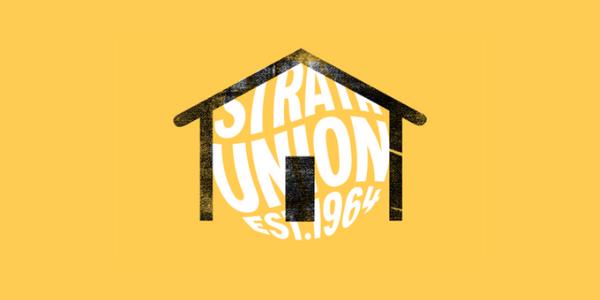Before you move into your accommodation you’ll probably have to pay a deposit (normally up to two months rent) which you pay to cover any unpaid rent and bills or damage to the property before you move out.
As long as you’ve not breached your tenancy, your deposit should be returned to you in full once you move out. By law, to ensure that your deposit is retained and returned to you fairly, landlords and letting agents should be adhering to the ‘rent deposit scheme’ which is run by independent companies that are approved by the Scottish Government.
If your landlord isn’t in a rent deposit scheme, you’re within your rights to have them charged which could result in them paying you up to three times your deposit.
For more information please visit: www.mydepositsscotland.co.uk When you sign your lease make sure you check the details to see what your deposit will cover and how it’ll be returned.


